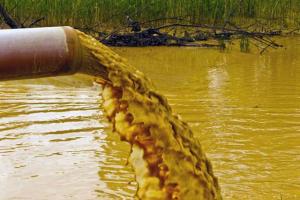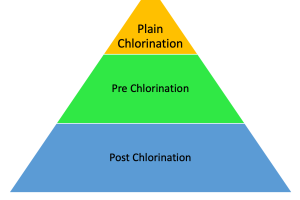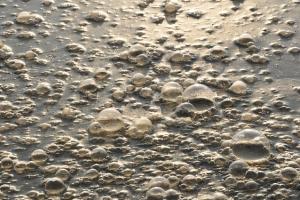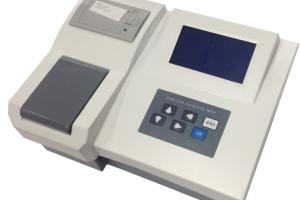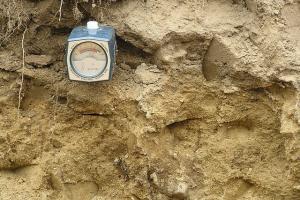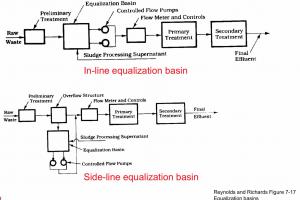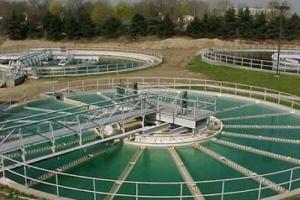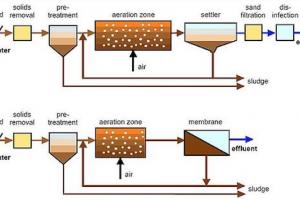Determination of Suspended Solids in Water
Theory:
The total dissolved solids mainly consist of the test that acts as a check on detailed analysis. Another useful aspect is that electric conductivity can be continuously recorded. Any sudden change indicate a change of water. A treatment method can be there fore instantly detected. Determination of total solids is used in two operations. In developing a potential source for public water supply we must know about total solids. This is the factor to divide the type or method to be used in softening water.
Drinking water standard recommends the following:
-
Max desirable criteria = 500mg/lit as dissolved solids
-
Max permissible criteria = 500 mg/lit as dissolved solids
- W.H.O guideline value = 1000 mg/lit as dissolved solids
Apparatus:
Filter media paper, filter glass, suction motor and pumps. The suspended solids in a turbid river consist of finely divided silt silica and clay having specifc gravity ranging from 2.65 for sand to 1.03 for tlocculated mud particles containing 95%water suspended impurities are bacteria algae and silt causing tubidity while dissolved impurities are salt of calcium magnesium sodium nitrogen and H2S are also dissolved impurites. Mostly rain water have suspended solid contents usually well below 200mg/lit but the contents of large river in tropical countries are sometimes over 200mg/lit
Procedure:
Take a filter glass of known size and weight let it is W1 put the filter glass on the filter assembly attached with a suction motor pump, pour waste water sample ofover 50ml over the filter glass and switch on the water pump remove the filter paper after waste paper filter through it and put in dissector bring down the temperature. find out the weight of the filter glass along with the sample remain on the filter let it would be W2.
Find the amount of suspended solids = (weight of filter + sample - (weight of filter)) x 100
Volume of Sample = (W2-W1) X 1000



